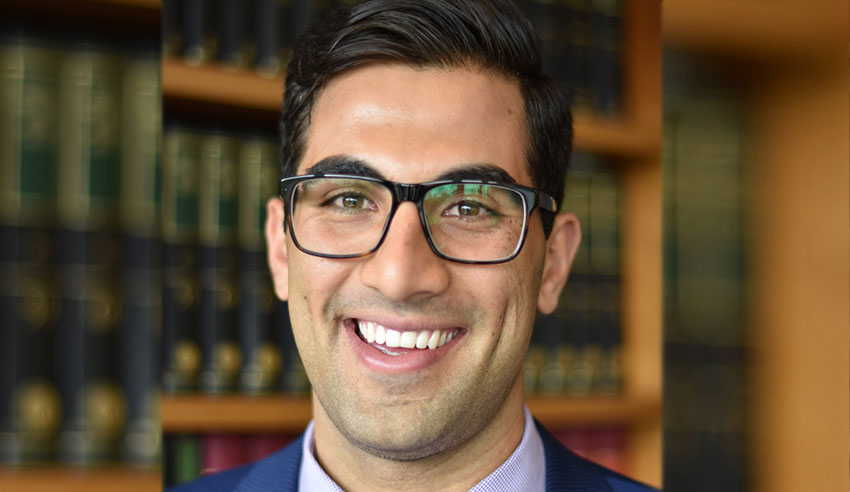New controversial comments from shock jock Kyle Sandilands have ensured debate about freedom of religion, which doesn’t escape the front page of newspapers, writes Nicholas Saady.

The recent comments of Mr Sandilands have attracted a great deal of attention across mainstream and social media. The microphone has shifted to capture the voice of the people – many of whom have called for Sandilands to be sacked for the offence he has caused Christians and Muslims, and for allegedly breaching applicable radio codes of conduct.*
Cutting through the static, the answer to the above question lies in the nature of employment law in this country. Employees can express whatever views they like, provided they do so in accordance with the:
• terms of their employment contracts (including any codes of conduct which are incorporated into the contract by its terms);
• common law duties they owe to their employer; and
• requirements of Australian statutes (primarily, the Fair Work Act).
In Sandilands’ case, the terms of his contract, particularly any codes of conduct that it incorporates, are the critical focus. If Sandilands has breached his contract, then he may be disciplined or terminated by KIIS FM (if the breach is considered serious enough). If he has not, there is little his employer can do. The existence and severity of any contractual breach are likely to be dependent on whether his contract expressly incorporates any KIIS FM or other radio codes of conduct.
Another, more tenuous possibility, is that Sandilands has breached his duty of good faith toward his employer (implied by the common law into his contract) by making the comments, and that this breach entitles KIIS FM to discipline him.
A final avenue that may be available to KIIS FM is to terminate Sandilands on notice (usually ffour weeks), if there is a provision in Sandilands’ contract (as most employment contracts do) that allows this to occur. However, if it does so, KIIS may run the risk of falling foul of the various termination-related protections in the Fair Work Act, so this may not be a palatable option.
Despite these options, to answer the “hot” question above we must change the station. The focus must turn to one principle: employer discretion.
If there has been any breach by Sandilands, the taking of disciplinary action against him is dependent on the discretion of his employer. If KIIS FM decides that it does not want to discipline Sandilands in any way, then it is not compelled to do so (even if it is legally entitled to). In essence, KIIS FM has total discretion to waive any breach Sandilands may or may not have committed.
The exercise of discretion seems to explain the different treatment of Folau and Sandilands. In Folau’s case, the rugby bodies decided to exercise their discretion to terminate his employment, as they considered his actions to constitute a fundamental breach of his contract (particularly the codes of conduct incorporated into his contract). Contrastingly, in Sandilands’ case, it appears that KIIS FM has not exercised any discretion it may have to discipline him (noting that it may not have any discretion if Sandilands’ comments do not constitute an actionable breach).
So, what do we take from the cases? First, an employer’s discretion to discipline an employee only arises when that employee breaches the law in a way which provides the employer with this discretion – most commonly a breach of contract. Second, where there is such a breach, an employer has a choice to exercise their discretion to discipline the employee, or not. The second takeaway is critical to remember when comparing the treatment of Folau and Sandilands.
Looking to what’s on next – as the volume of the public’s microphone continues to be turned up, it will be interesting to see how KIIS FM’s microphone reacts.
*This article is written on the assumption that Sandilands is an employee (rather than an independent contractor) of KIIS FM (which is assumed to be his relevant employing entity).
Nicholas Saady is an LL.M. candidate at New York University, former NSW employment and labour law solicitor, former Supreme Court tipstaff, law lecturer and author.

Jerome Doraisamy is the managing editor of professional services (including Lawyers Weekly, HR Leader, Accountants Daily, and Accounting Times). He is also the author of The Wellness Doctrines book series, an admitted solicitor in New South Wales, and a board director of the Minds Count Foundation.
You can email Jerome at: